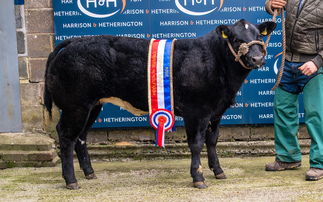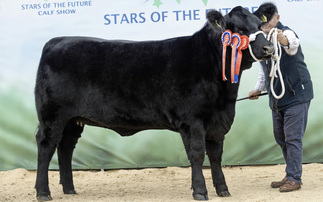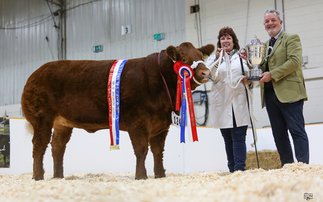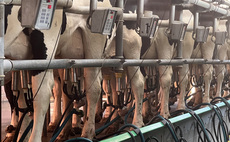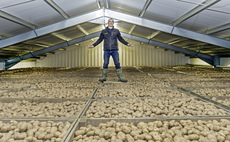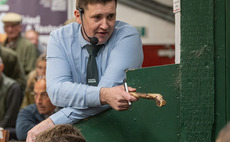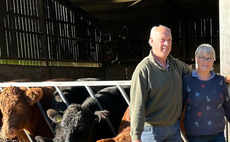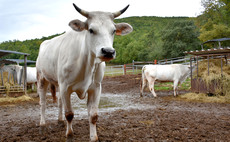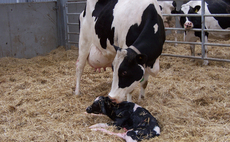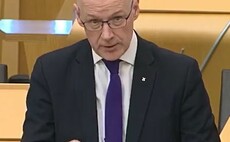
Zanna Dennis on Defra's proposal.
Last month we hosted our Livestock Auctioneers’ Association (LAA) annual general meeting (AGM), with the weekend seeing more than 50 auctioneers from across England and Wales gathering to socialise and discuss industry matters.
We also formally welcomed our newly elected LAA chair, Alastair Brown, senior auctioneer at Bletsoes,
and LAA vice-chair, Keith Davies, director of Welshpool Livestock Sales, to work alongside the executive committee.
The AGM demonstrated the strength of our sector and bright future, with our Next Generation Group of auctioneers well represented.
Discussions on industry matters continued to highlight members’ exasperation with the six-day rule and mouthing of hoggets.
However, Defra was a ‘hot topic’ of conversation, with its recent proposals to change requirements to satisfy Export Health Certificates (EHCs).
Changes in EU regulation in 2021 stipulated that any product of animal origin exported into the EU must be from a farm that has been subject to a ‘regular’ veterinary visit for the purposes of detecting disease.
Over the past 12 months, this requirement has been satisfied by a farmer declaration when selling livestock for slaughter.
However, Defra sought to introduce the requirement for a veterinary attestation to satisfy vets signing EHC’s in abattoirs.
In the live ring, that could look like a separate veterinary attestation for every lot sold for slaughter. Just imagine the paper trail.
From veterinary capacity to the additional costs and administrative burden, the proposals were met with outrage by the industry.
With previous messaging from the Government indicating a move towards paperless reporting and reducing the administrative burden on British farmers, these proposals seem anything but.
With the deadline for the changes fast approaching, industry was relieved to receive news from Defra of a 12-month extension to the current arrangement.
Until December 13, 2023, when selling livestock for slaughter, producers will be able to satisfy the requirements of the EHC with a farmer declaration, or by being a member of a qualifying assurance scheme.
Speak to your local auctioneer, who will be able to provide you with more information.
While the extension is welcomed by industry, Government must work quickly to find a workable solution for the whole supply chain.
One which does not require membership of a qualifying assurance scheme, many of which simply are not working for livestock producers.
Digital solution
A digital solution for the veterinary attestation would seem an obvious choice, but with Defra’s Livestock Information Service already five years in the making, with no sign of the finish line yet, can we really rely on Government to deliver in time?
Furthermore, these proposals seem a prime example of Government ‘gold plating’ standards above and beyond that which is necessary, and of those of other exporting countries.
While I support world leading standards, this must not be to our detriment.
As the detail of the EU legislation refers to notifiable diseases, all of which the UK declares to be free from daily, it therefore begs the questions as to whether veterinary attestations are even necessary?
The promise of Brexit was to reduce ‘red tape’ and provide British farmers with further trade opportunities.
I would challenge Government to reassess its position and ensure appropriate interpretation of the EU legislation to follow through on its commitment.
With many of our members’ attention now turning to Christmas shows, showcasing the best in British livestock, I would like to take this opportunity to thank British farmers for your continued support of our livestock markets and assure you that the LAA will continue to work in the interests of British farmers and the live auction ring.
Zanna Dennis
Zanna Dennis is the development officer of Livestock Auctioneers’ Association. Call 07930 115 838, or email [email protected]







